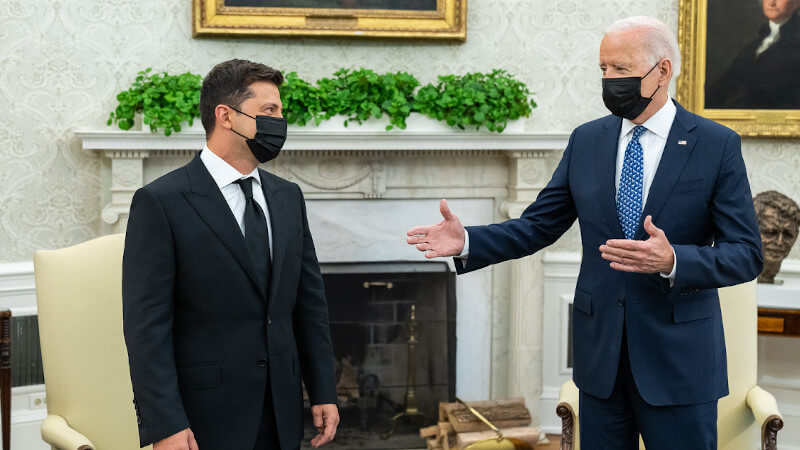With its swift and full-scale invasion from three fronts into Ukraine, Russia is turning the tables on the U.S.-led West by controlling the strategic buffer state. The change will likely be a worst outcome for the Ukrainians, though some geopolitical adjustment is inevitable in the not-so-distant future as a consequence of the evolving grand power shift consequent on conspicuous U.S. hegemonic decline. By achieving an overwhelming military victory, Russia will put Ukraine tightly in its orbit, probably, through a pro-Russian regime change involving external reorientation from the West to Russia. This will probably necessitate Ukraine to be semi-sovereign thorough demilitarization and neutralization, including complete elimination of the potential for nuclear armament[2].
It begs the question of why Russia has bluntly chosen to take a military solution and why Ukraine has not pursued an accommodative diplomatic settlement with favourable terms. The recent work of this author prior to the invasion has already analysed the Ukraine crisis from a geopolitical perspective. Yet geopolitics does not determine an outcome but only constrains the scope of possible outcomes[3]. Thus, this piece will inquire the course and circumstances of important events in search of direct causation.
1. Biden’s Inadequate Responses
For the last several months, the Biden administration has spoken tough to Russia without a big stick, contrary to the recipe for effective deterrence policy. At the pre-crisis stage of deteriorating bilateral relations over Ukraine, in a video call with President Vladimir Putin on December 7, 2021, President Joe Biden warned him of severe economic sanctions in the event of Russia’s invasion of Ukraine, while ruling out military intervention against the invasion, especially any dispatch of U.S. ground troops[4].
True, given that Ukraine is not a NATO member state, the U.S, cannot exercise the treaty-based right…







